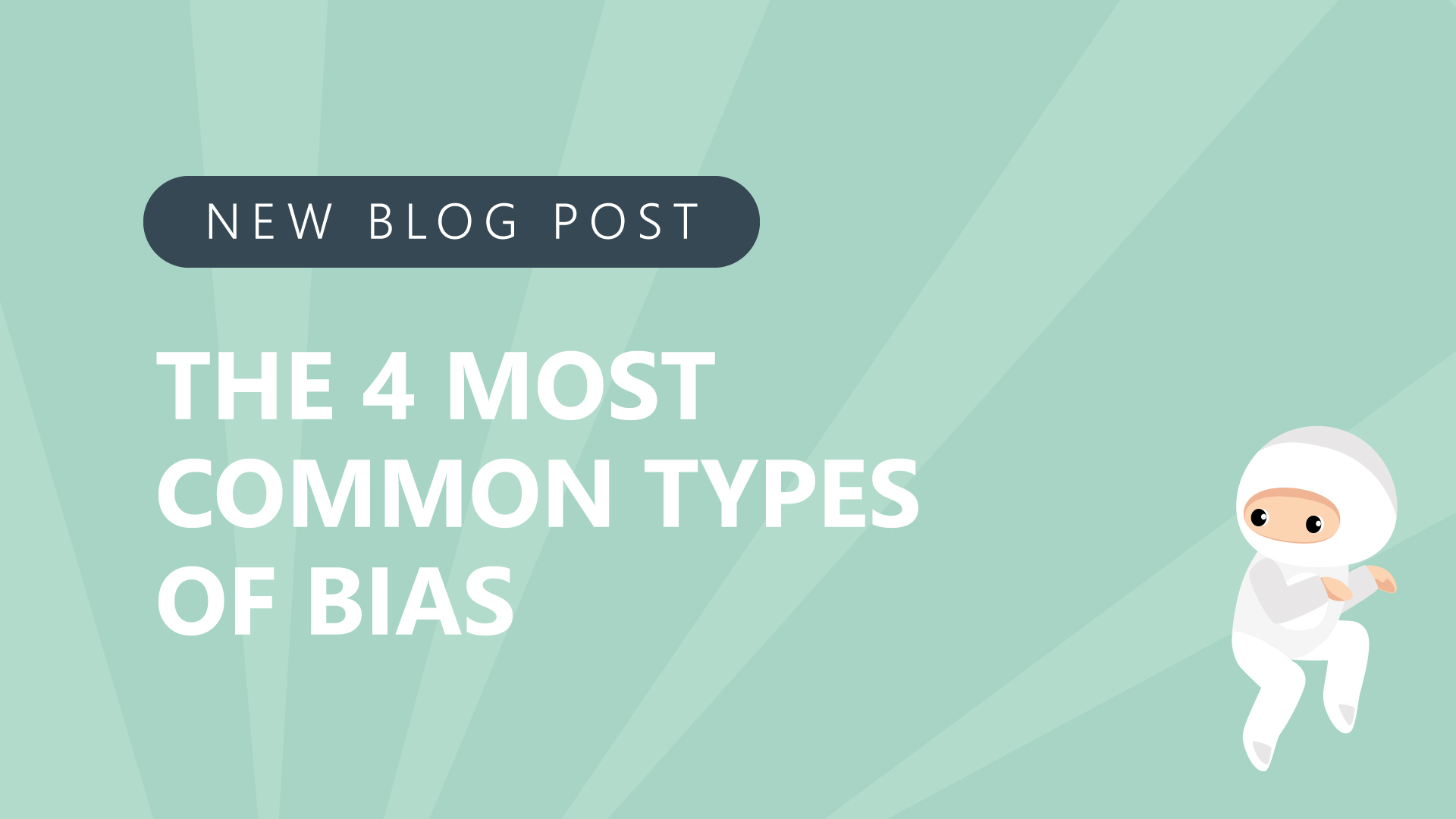What are the most common types of Bias? How do they influence a negotiation negatively? In episode 151 of the Negotiations Ninja podcast, Dan Lappin talked about the dangers of the biases that we bring into the sales process. Your inherent bias influences every question you ask and decision you make.
The best way to overcome bias is to cultivate an awareness of the baggage you’re bringing to the negotiating table—on the sales OR the prospect side. So what are the most common biases that Dan sees brought into a sales negotiation? We share the 4 most common types if bias.
Bias #1: Loyalty bias
When we have developed relationships over a period of time—and we’ve worked through the good and the bad together—we tend to feel loyal to that relationship. So when we hear new or competing information, we tend to defend the relationship. A prospect can be quite attached to a vendor that they’ve worked with and it may be difficult to overcome their loyalty.
Bias #2: Loss-aversion bias
The fear of loss is often greater than the anticipation of gain. People are more afraid to lose something than they are to gain something. Even if something is presented as better, it is human nature to get caught up in the unknown and the uncertainty of the choice.
Bias #3: The illusion of control
The illusion of control is that people believe that they can control the outcome of events without any causal links. Control may allow you to drive the sale forward but it doesn’t guarantee an outcome. The inherent need to try and control outcomes hurts more than it helps.
Bias #4: Confirmation Bias
The type of bias that Dan sees frequently is confirmation bias. We listen to confirm our bias versus to truly consider a new idea. He notes that:
“We all listen to disqualify things because as soon as we can disqualify something, we’re no longer on the hook to have to do anything different. People are always looking and hearing and listening for information that confirms that they’re okay. And then they will craft the story within themselves and they will filter the information they’re given so they can come to the conclusion that they’re okay—even if they’re not.”
Confirmation bias is pervasive in negotiation. The inclination to remember selective information is dangerous because it blocks you from understanding what’s going on. You probably already had an idea about the decision that you were going to make.
In fact, you probably already made up your mind about something. So you go in and you look for data to support that preexisting decision or that preexisting idea, instead of letting the data and the questions drive the decision.
The best way to overcome bias
You want to walk into a negotiation with an open mind—and you want to be able to understand the biases your counterpart brings to the table. The best way to do that? Situational Preparation.
Professional athletes spend 95% of their time preparing on the fundamentals. Musicians spend 30-40 hours a week practicing their instruments. Sales professionals HAVE to prepare for the negotiation conversation.
THE best way to up your game is to prep for whatever you think will be thrown your way. Think outside the box and spend some time on it. Think about what everyone is bringing to the table.
To learn more about the types of bias, overcoming bias, detaching from the outcome of a negotiation, and the right mindset to have—listen to episode 151 of the Negotiations Ninja podcast. Dan Lappin brings his A-game with his expert sales negotiation advice.

